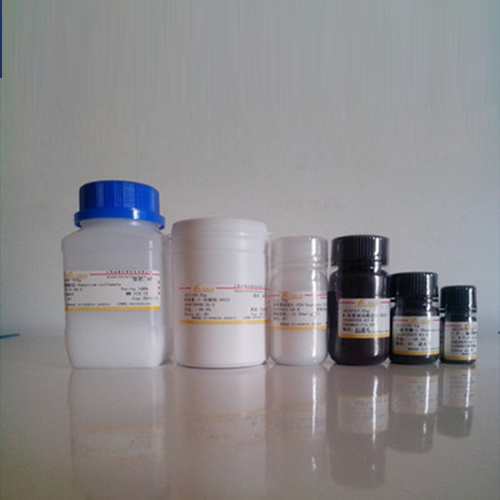Menopause is a period of 3 to 5 years when ovarian function begins to decline to 1 year after menopause. The average age of menopause for women is 50 years, usually between 45 and 55 years old.

In perimenopausal period, because female ovarian failure, sex hormone level is disordered, can bring about a series of uncomfortable symptoms. Menstrual disorder is a hallmark symptom of the onset of perimenopause. In addition, more than 70 percent of women experience other symptoms to varying degrees, such as hot flashes and sweating, short tempers, depression and anxiety, skin atrophy and joint pain. For the symptoms of perimenopausal period, sufficient attention and reasonable treatment should be given to avoid laying hidden dangers for such diseases as fracture, hypertension, cardiovascular and cerebrovascular diseases, diabetes, tumor and senile dementia.
Many people are confused about whether women should use estrogen replacement therapy before and after menopause, when they should use it and when they can't. The expert thinks, compensatory estrogen is beneficial to some people and necessary, but must master good time.
Women should seek medical attention if they have symptoms during the perimenopausal period and receive hormone replacement therapy under the guidance of doctors. Menopause and associated symptoms (such as atrophy of the urinary reproductive tract, nerve or mental symptoms, etc.) as well as the prevention of osteoporosis are the primary indications for hormone replacement therapy. A variety of estrogen-dependent tumors, severe liver and kidney dysfunction, and unexplained gynecological problems are contraindications. Uterine fibroids, endometriosis, uncontrolled diabetes and severe hypertension, history of thromboembolic disease, breast disease and other diseases belong to prudent use.
Perimenopausal period is the period when female ovarian function declines, estrogen secretion decreases correspondingly. In perimenopausal period, the decline of estrogen level can also cause the rapid loss of bone mass in a steep slope, resulting in the occurrence of osteoporosis fractures. Therefore, appropriate hormone replacement therapy during perimenopausal period can maintain bone mass and prevent osteoporosis. Likewise, hormone supplementation can prevent the formation of atherosclerosis and thus prevent cardiovascular diseases. However, if the "window" period is missed, hormone replacement therapy will be used only after the formation of wall thrombus, which will result in the loss of embolus and increase the risk of cardiovascular diseases. Therefore, perimenopausal period is the "time window" to prevent osteoporosis and cardiovascular diseases in women through hormone supplementation.